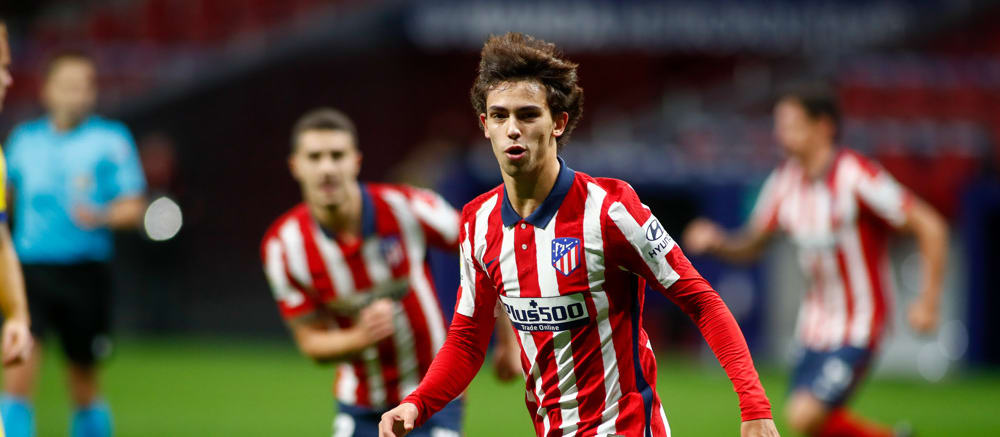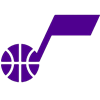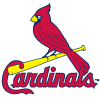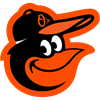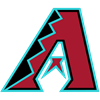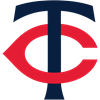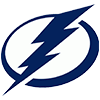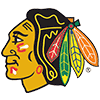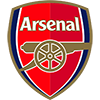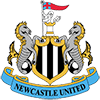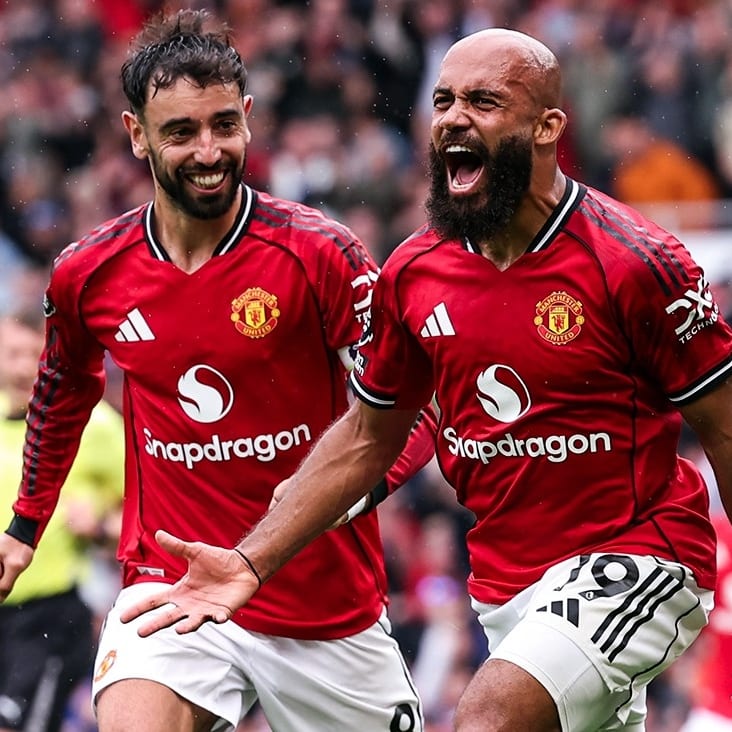There has been an explosion in the number of users on Sorare over the past two weeks, and with it came a big increase in card prices. To really put into perspective how dramatic the increase has been, both in terms of volume and (short) time, here are some charts from the amazing SorareData.com to nail the point home:
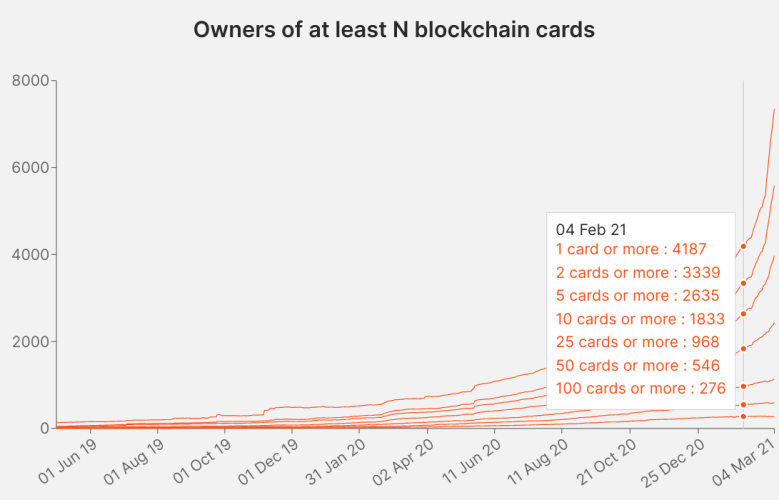
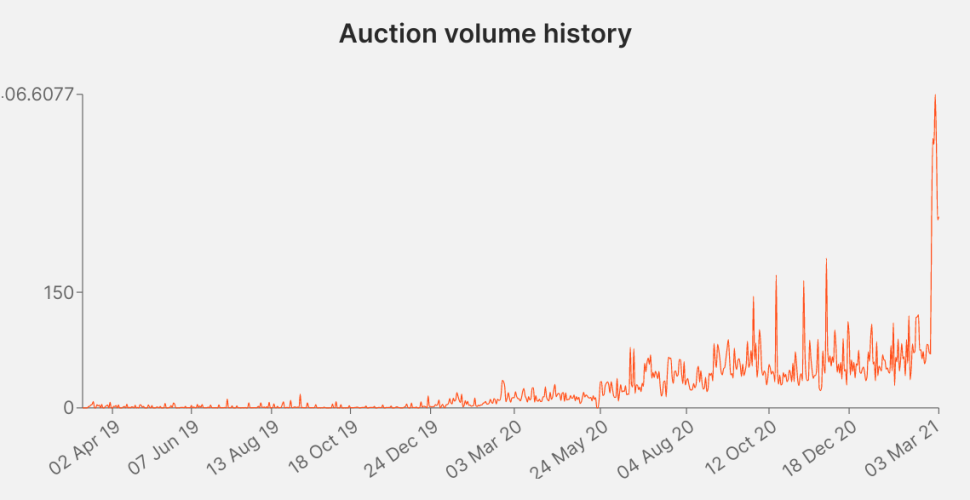
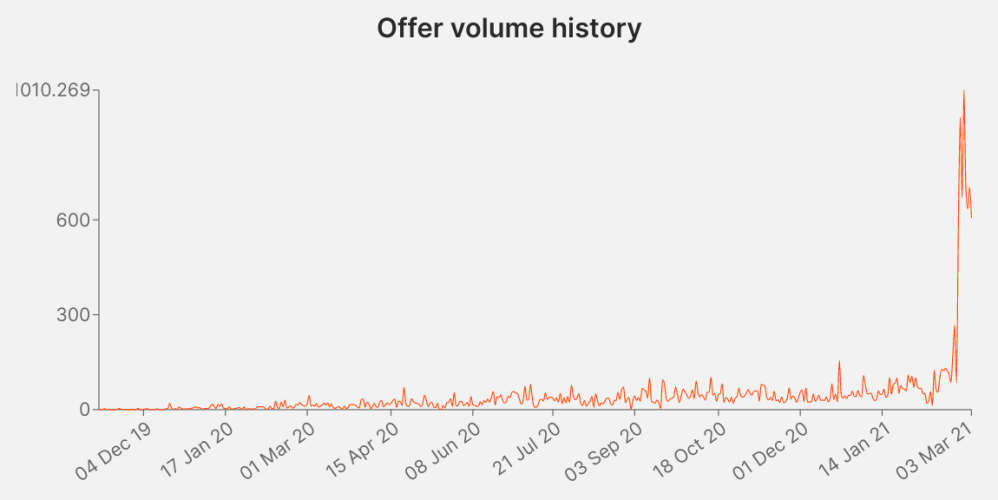
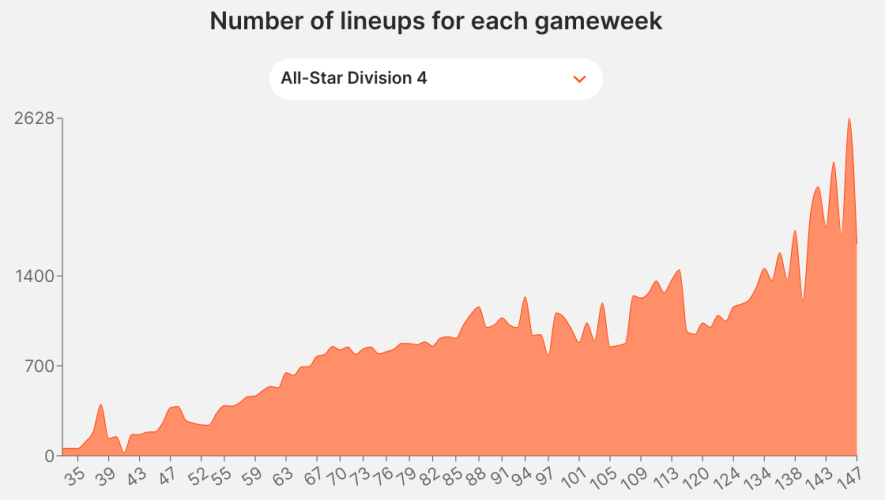
We have to pay much more for cards now than we did a month ago, but there are a few common mistakes being made by many new users that not only make the game more expensive for them, but also for everyone else. Because of that, I wanted to review a few basics of the card-buying process and highlight some ways to find cheaper (please don't read that as simply "cheap") avenues to acquiring cards.
How To Purchase Cards
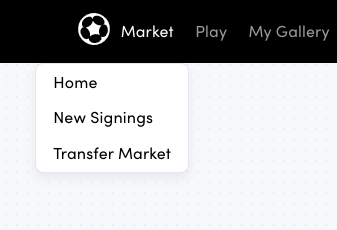
This seems like it should be a very basic process, but it seems many new users are missing at least one, and potentially two, ways to buy cards. Most users who used a referral link are probably only interested in auctions because they will receive a free rare card after they win their fifth auction, but we've seen many times over the past two weeks that auction prices are closing above available prices on the secondary market. While purchases on the Transfer Market don't count for your five new purchases to qualify for a free rare card, you have to be sure that the increase you're paying justifies the potential reward card. Can it work? Sure. Is it guaranteed? Hardly. With that said, here are the three paths to acquiring cards on Sorare.
- New Signings/Auctions: Sorare runs auctions 24 hours per day, seven days per week, with anywhere between 20 and 60 cards being sold every 60 minutes. This format allows users to bid against each other, and the highest bid in the allotted time wins the card. While auctions are open for more than two days, prices usually jump in the last minute, and any bid submitted with fewer than 60 seconds remaining resets the clock to one minute.
- Transfer Market/Secondary Market: This is where card owners go to sell their cards directly to other users. Prices are usually higher than auctions and are based on either other cards on the market or recently sold values. Each card owner can set their own price, so you will see a decent range between the highest and lowest. Lately, we've seen some significant increases in asking prices, which push the cost of other cards even higher.
- Direct Offers: You can also make direct offers to managers for a specific ETH amount or a card-for-card trade (or a combination of cards and ETH). I consider this the best way to accumulate cards because prices in the secondary market are usually much higher than actual market value, with those sellers hoping people will pay too much just to get a card. Instead, direct offers can be made for something closer to recent sale prices. One thing to note: direct offers can only be made using ETH, unlike auctions and secondary purchases, which can be done with a credit or debit card.
Understanding How Cards Work
I've seen a number of questions in the Sorare discord about why a player is listed as being on one team even though they play for another. What many people forget/don't appreciate is that these are cards of specific players at a specific time, and their team and position reflect those situations when the cards are issued. Think of it like a physical card: if you owned a Cristiano Ronaldo card from when he played for Real Madrid, it wouldn't magically change to a Juventus card upon his move.
The great thing about Sorare is that you can continue to use that Ronaldo card as long as he's in one of the 26 leagues that get scored by Opta and fed to Sorare: Bundesliga (Germany), English Championship (England), Chinese Super League (China), Eredivisie (Netherlands), Jupiler Pro League (Belgium), J1 League (Japan), K League 1 (South Korea), Liga MX (Mexico), Superliga Argentina de Futbol (Argentina), Ligue 1 (France), Major League Soccer (USA), Russian Premier League (Russia), English Premier League (England), Premiership (Scotland), Primeira Liga, Portugal), Primera A (Colombia), La Liga (Spain), Serie A (Italy), Campeonato Brasileiro Serie A (Brazil), Super Lig (Turkey), UEFA Champions League, UEFA Europa League and UEFA Europa League Playoffs.
Part of the massive increase in prices is because many users have arrived simply for the collectible aspect of the cards, with no interest in playing the fantasy game, which has actually increased the value of older cards more than before. However, this seems to have died down slightly, with prices going back to more accurately reflect players' values in the fantasy game.
Understanding the Market
The skyrocketing prices have not only affected superstars like Kylian Mbappe but also lesser-known players like Sven Kums; below are their final auction prices (in ETH) over the past two(ish) months, thanks to SorareData (the ETH:USD rate obviously changed significantly over this time, but the current rate is roughly 1.0 ETH to $1,500 to give you an idea of price in dollars):
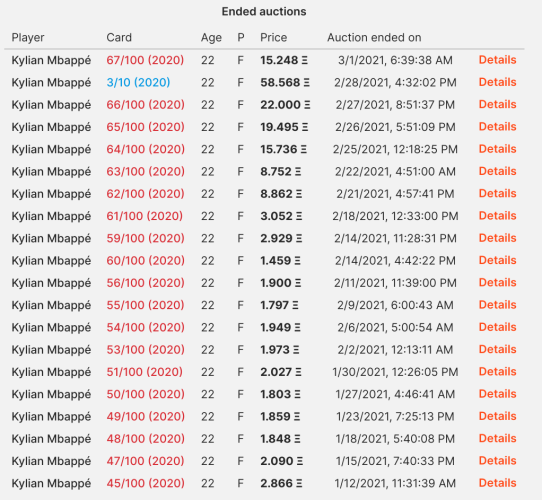
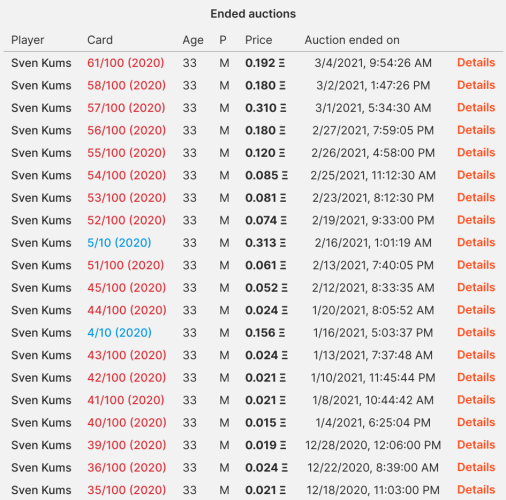
Whether you've heard of Kums or not (though, honestly, shame on you if you haven't), you can see his auction prices have jumped dramatically, something we also see in his secondary market trades:
| Price | Date | Card and Year | Price | Date | Card and Year |
|---|---|---|---|---|---|
| 0.170 | March 4 | 2019/20 (24/100) | 0.150 | Feb 27 | 2020/21 (23/100) |
| 0.178 | March 4 | 2020/21 (33/100) | 0.130 | Feb 26 | 2020/21 (25/100) |
| 0.178 | March 4 | 2020/21 (4/100) | 0.113 | Feb 26 | 2019/20 (26/100) |
| 0.158 | March 3 | 2020/21 (63/100) | 0.112 | Feb 25 | 2020/21 (27/100) |
| 0.125 | March 3 | 2020/21 (63/100) | 0.111 | Feb 25 | 2019/20 (21/100) |
| 0.225 | March 3 | 2018/19 (1/100) | 0.076 | Feb 25 | 2020/21 (45/100) |
| 0.169 | March 2 | 2020/21 (23/100) | 0.081 | Feb 25 | 2020/21 (49/100) |
| 0.185 | March 2 | 2020/21 (10/100) | 0.090 | Feb 24 | 2019/20 (3/100) |
| 0.169 | March 1 | 2020/21 (37/100) | 0.102 | Feb 24 | 2020/21 (35/100) |
| 0.199 | Feb 27 | 2020/21 (40/100) | 0.080 | Feb 22 | 2019/20 (16/100) |
| 0.163 | Feb 27 | 2019/20 (26/100) | 0.109 | Feb 19 | 2019/20 (2/100) |
A 2019/20 rare card traded for 0.080 ETH on Feb 22 and five days later a similar card went for 0.163. Price increases like these are seen on almost every player on Sorare, and the secondary market isn't helping buyers, as we see by the fact that there are (as of writing) 14 Kums rare cards available, and the cheapest one is 0.173 for a 2019/20 card and 0.179 for a 2020/21, while the most expensive is 0.600. We see plenty of people reaching for the stars in terms of prices, and it's up to us to make sure we're not drastically overpaying. All it takes is for one card to sell at 0.100 and immediately sellers will price at 0.200 thinking they can make a quick profit.
Unfortunately, that leads to other sellers posting near 0.200, with a few moving down to 0.199 or 0.195 thinking they can undercut the market, but from a dollar perspective we've moved from a card selling for $150 and now we're looking at $300 or, at best, $292.50. Making matters worse, if someone pays that $300, now the next round of cards will be fighting in the $600 range.
This is why making direct offers is so helpful. Card owners trying to sell cards at twice the price of the last sold card know they're over-pricing in the hopes someone falls for it, but if they're serious about selling their card then they should be more receptive to realistic offers closer to the last selling price. That doesn't mean they would automatically accept 0.105 after a recent 0.100 sale, but maybe they'd take 0.125 or 0.135 instead of their posted 0.200. I don't want to encourage low-ball offers, but making direct offers at least focuses the range to realistic outcomes where both the buyer and seller are happy.
The drastic rise in prices seems to have stabilized over the past two days, which is certainly helpful for those trying to get started, but knowing exactly how to attack the markets seems more important than ever so we don't see a significant decrease in secondary market trading because prices are simply too high to attract buyers. There's a fear that we'll see a crash in prices because of the huge upswing we just saw, but the continued increase in users seems like it should help stabilize any drastic downswings because new users will still want to buy cards that are on the market.


